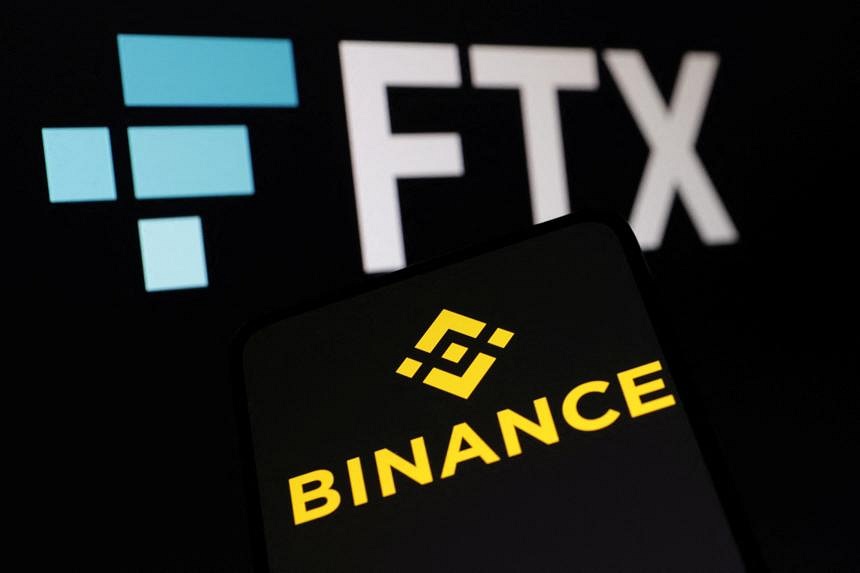- Joined
- Jul 25, 2008
- Messages
- 13,542
- Points
- 113
Three Arrows co-founder Zhu Su accuses liquidators of misleading Singapore court

Mr Zhu Su delivered an affidavit in person in Bangkok on Aug 19, according to a notarised document. PHOTO: ZHU SU/TWITTER
Aug 6, 2022
SINGAPORE (BLOOMBERG) - The fight between the founders of defunct crypto hedge fund Three Arrows Capital and the court-appointed liquidators charged with unwinding their assets has reached Thailand.
Mr Zhu Su, who along with co-founder Kyle Davies, has been evasive about his whereabouts since the spectacular collapse of their fund, delivered an affidavit in person in Bangkok on Aug 19, according to a notarised document seen by Bloomberg News.
In the affidavit, Mr Zhu accused the liquidators of misleading the High Court of Singapore about the hedge fund's structure. Three Arrows shifted its registration to the British Virgin Islands after having previously operated out of Singapore. Mr Zhu in April had also disclosed plans to move the fund's headquarters to Dubai.
A court in the British Virgin Islands in June appointed advisory firm Teneo to liquidate Three Arrows' assets. The fund's implosion and failure to meet margin calls precipitated a series of market declines and fuelled significant distress among its creditors. The fund's liquidators have accused the two founders of failing to cooperate with their efforts, court papers show, a characterisation Mr Zhu challenged on Twitter.
The liquidators have said in Singapore court that Mr Zhu and Mr Davies have provided "rather selective and piecemeal disclosures" about the fund's assets. Mr Zhu's affidavit alleges that the liquidators "had not provided an entirely complete or accurate version of events" to the Singapore court, which earlier this week formally granted a petition by Teneo to recognise the liquidation order in the country.
In the affidavit, Mr Zhu cites multiple different entities in his and his co-founder's financial universe. According to Mr Zhu, the liquidators have offered "inaccurate and misleading" representations of the operations, relationships and timelines associated with these entities in their petitions to the Singapore court.
Mr Zhu identified himself as a director of Three Arrows Capital Pte Ltd, or TACPL. This entity, according to Mr Zhu, first became a registered fund manager in Singapore "in or around" August 2013 and was licensed there until July 31, 2021.
He also described two feeder funds: Three Arrows Fund Ltd, or TAFL, registered in the British Virgin Islands, and Three Arrows Fund LP, or TAFLP, registered in the US state of Delaware. These entities fed into a master fund named in the affidavit as "the Company".
The entity formerly registered in Singapore, TACPL, ceased to be the investment manager for the master and feeder funds as of Sept 1, 2021, according to the affidavit. In its place, enter a fourth entity: ThreeAC Ltd, domiciled in the British Virgin Islands and which has operated as investment manager for those funds "since in or around August 2021".
The specifics of these representations matter, according to Mr Zhu, because the fund's Singapore entity, TACPL may not be able to fully comply with the liquidators' wide-ranging demands for information. TACPL is the entity of which Mr Zhu identified himself as a director.
TACPL is concerned "about the potentially draconian consequences arising from the liquidators' exercise of their wide powers", the affidavit said.
Mr Zhu noted that TACPL's officers and representatives, of which as a director he is one, could themselves face fines and imprisonment if they are found in contempt of the court.
Mr Zhu declined to comment beyond the affidavit. Representatives for Teneo did not return multiple requests for comment. The Singapore court was unable to immediately respond to a request for comment.



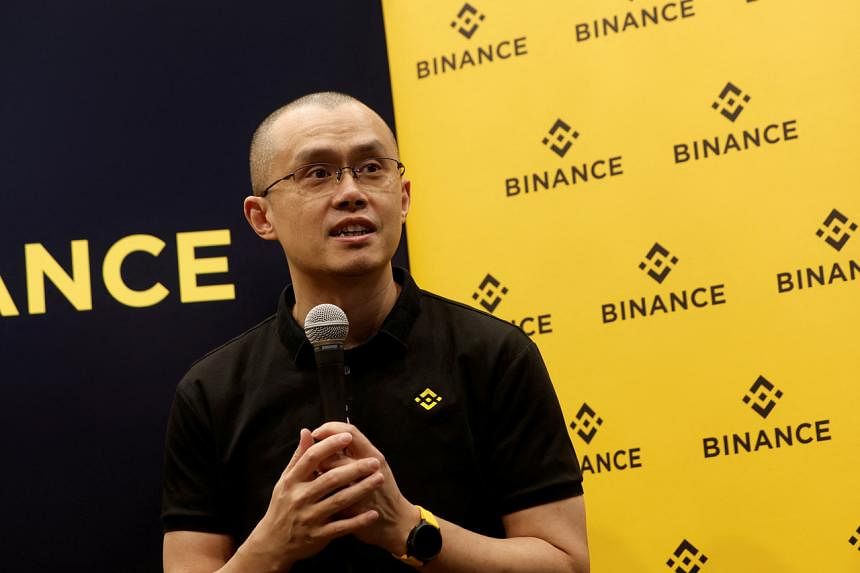
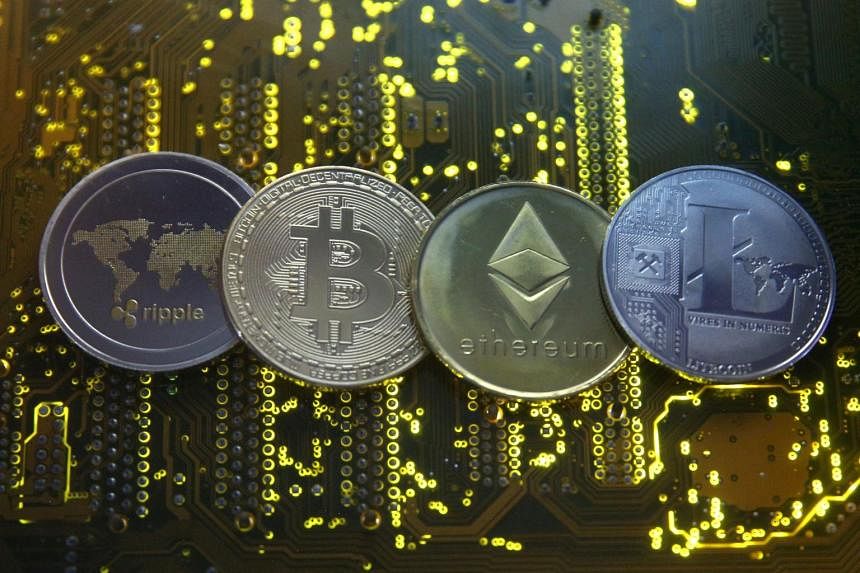




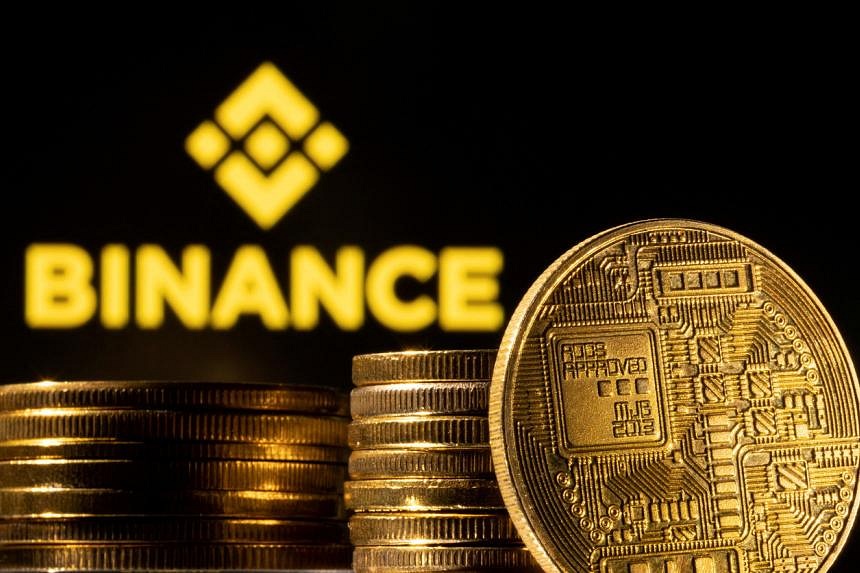

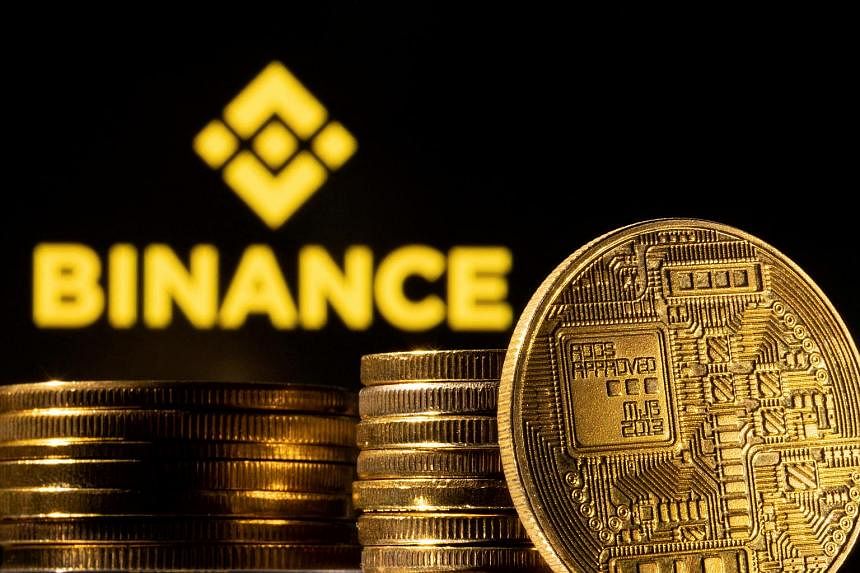
:format(jpg)/cloudfront-us-east-1.images.arcpublishing.com/coindesk/PRCVQSUCX5AH3JIJO36KLE4SLY.jpg)








